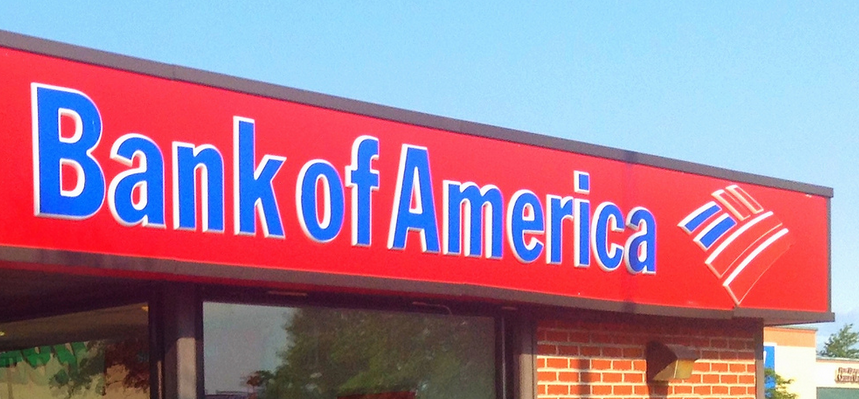NFL Linebacker Files $20M Lawsuit Against Bank Of America For Alleged Fraud
When looking to manage one’s money, it wouldn’t be unusual to seek advice from the financial professionals at one of the country’s largest banks. But an NFL linebacker says his decision to rely on Bank of America to manage his finances cost him millions of dollars and led to the closing of his budding restaurant business.
Seven-time Pro Bowl linebacker Dwight Freeney, who most recently played for the San Diego Chargers after a decade with the Indianapolis Colts, recently filed a lawsuit [PDF] against BofA and one of its executives, alleging that the bank aided and abetted a fraud scheme that ultimately cost him $20 million, CBS Los Angeles reports.
“This is a case of conspiracy, criminal fraud, theft and breach of trust in which the nation’s second largest bank, Bank of America, participated in and aided and abetted a scheme to defraud one of its clients,” the lawsuit states.
According to the 138-page lawsuit, Freeney authorized the bank’s Global Wealth & Investment Management Division to manage his assets, including his company Roof Group LLC in 2010.
At the time he joined the bank as a client, Freeney’s Roof Group owned and operated the Rolling Stone Los Angeles restaurant and had entered into a licensing agreement with Rolling Stone magazine to open several additional locations.
However, Freeney claims that over the next two years he was forced to abandon those plans when he became the victim of an “elaborate and malevolent scheme to defraud.”
The complaint claims that Bank of America was negligent in the scheme for using fraudulent representations, false promises and the concealment of material facts to convince Freeney to become a BOA client and then permitting the act of embezzlement by referred advisors.
The scheme was allegedly devised and carried out by present and former Bank of America employees acting with several outsiders that had been referred to Freeney.
Under the recommendation of a Bank of America executive, Freeney says he hired an outside individual as his private banker. Freeney alleges that his advisor failed to reveal the woman was unlicensed and unqualified to serve in that capacity.
The lawsuit further alleges that Bank of America lied to Freeney about the true identity of the man brought on as a financial advisor. The complaint claims the man used a false name to conceal the fact he was previously linked to real estate fraud, forgery and theft, among other accusations.
During the course of the scheme, Freeney says he was lied to, misled, manipulated and had more than $8.5 million misappropriated from his accounts by the bankers and advisors appointed to his team.
Actions related in the scheme included the breaches of fiduciary duty, the theft of millions of dollars of Freeney’s personal funds and conversion of Roof Group’s assets, the purchase of $55 million in worthless life insurance and payment of illegal kickbacks in connection with them, unauthorized disclosure and use of Freeney’s personal, financial, tax and account information, and money laundering transactions to promote and conceal the scheme.
In 2012, two of the scheme perpetrators were arrested after fraudulently wiring $2.2 million out of Freeney’s account. The scammers were hit with federal wire fraud charges. The FBI arrests were aided by information reported by Freeney and another informant.
A spokesman for Bank of America tells CBSLA that the bank did not play any role in the alleged scheme.
“The two people responsible for this wrongdoing have already been convicted,” the spokesperson said. “The primary wrongdoer never worked for the bank or any of its affiliates and the other person committed her criminal conduct after she left Merrill Lynch in 2010.”
In all, Freeney is seeking $20 million to compensate his loses and additional punitive damages.
NFL Linebacker Alleges Bank Of America ‘Aided & Abetted’ $20M Fraud Scheme [CBSLA]
Want more consumer news? Visit our parent organization, Consumer Reports, for the latest on scams, recalls, and other consumer issues.


